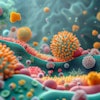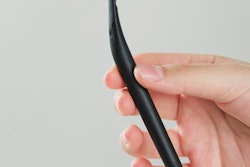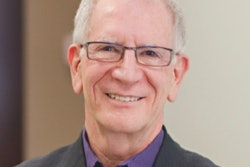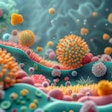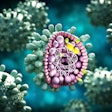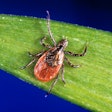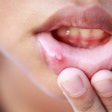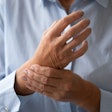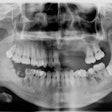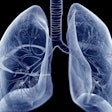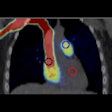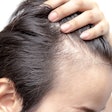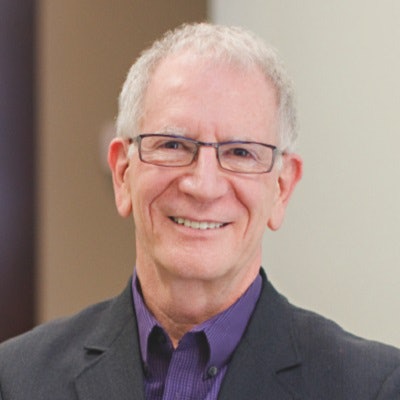
When I'm in conversation with my colleagues, my team, and my patients, I remind them not to believe everything they hear -- no, I'm not talking about politics. Many truths that are often accepted as dogma may turn out to be myths.
Some truths are accidental misstatements. Others are outright lies. Sometimes, truths that we believed to be true in the past have been scientifically proven to be untrue today. And, so it is with dentistry.
Many myths in dentistry exist -- untruths that have been repeated for years or even decades. When I hear these statements of fact from my patients, I try to explain the errors of these myths, but some myths die hard.
5 myths
Let's put some of them to rest and move on. Here are five dental myths that I have heard most frequently from my patients.
1. Dental plaque must always be removed completely
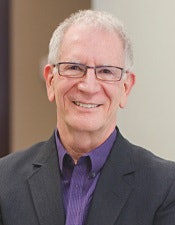 Alvin Danenberg, DDS.
Alvin Danenberg, DDS.Dental plaque is healthy until it's not. Dental plaque starts off as a healthy biofilm around the tooth at the gumline. It is made up of as many as 700 different microbes that are in a state of balance. These microbes maintain a stable acid level near the tooth, destroy invading pathogenic bacteria, and transfer minerals from the saliva into the surface of the tooth root.
However, an overgrowth of harmful bacteria in the gut can create a compromised immune system and an overgrowth of unhealthy bacteria in the mouth. Once these changes occur, lack of proper nutrients, and ingestion of harmful elements (such as toxic substances, inflammatory foods, and simple sugars) will allow bad bacteria in this unhealthy dental plaque to cause tooth decay and periodontal diseases.
2. Toothpaste is necessary to clean teeth
Toothpaste may taste good and may make it easier to remove some stains, but it is not necessary to remove harmful dental plaque. Brushing correctly with filtered water will be sufficient to remove the soft, unhealthy bacteria and food particles around the tooth.
3. The role of brushing and flossing
“Dental plaque is healthy until it's not.”
A healthy gut, a nutrient-dense diet, and the removal of toxic elements from the body are important factors in the development of a strong immune system. A strong immune system is necessary for healthy teeth and gums.
If a person brushes and flosses correctly but eats foods and lives a lifestyle that continues to harm the immune system, then tooth decay and gum disease may continue to be a problem.
4. Some people just have soft teeth
In rare situations, trauma and developmental problems could compromise the strength of the enamel on a developing tooth in the jaw. Other than the rare developmental problem of tooth enamel, teeth are not soft. Teeth decay when simple sugars feed certain species of bacteria that produce excess acid, which in turn causes tooth decay.
5. Antimicrobial mouthwash should be used everyday
Daily use of an antimicrobial mouthwash will kill bad bacteria as well as beneficial bacteria in the mouth. When good bacteria are killed, the balance of bacteria is compromised.
If dental plaque were completely destroyed, the beneficial effects of a healthy biofilm would no longer exist around the gum-tooth margin. The ultimate health of the gum and tooth surface could be compromised.
Dogma and facts
Everyone should question anything that is promoted as a dogmatic fact. Does that fact make sense to you? Look at current research. Who made the comment? Why was it said? Who would benefit the most if you believed the statement to be true? Then, make up your mind about believing what you hear.
Alvin Danenberg, DDS, practices at the Bluffton Center for Dentistry in Bluffton, SC. He is also on the faculty of the College of Integrative Medicine and created its integrative periodontal teaching module. He also spent two years as chief of periodontics at Charleston Air Force Base earlier in his career. His website is drdanenberg.com.
The comments and observations expressed herein do not necessarily reflect the opinions of DrBicuspid.com, nor should they be construed as an endorsement or admonishment of any particular idea, vendor, or organization.
